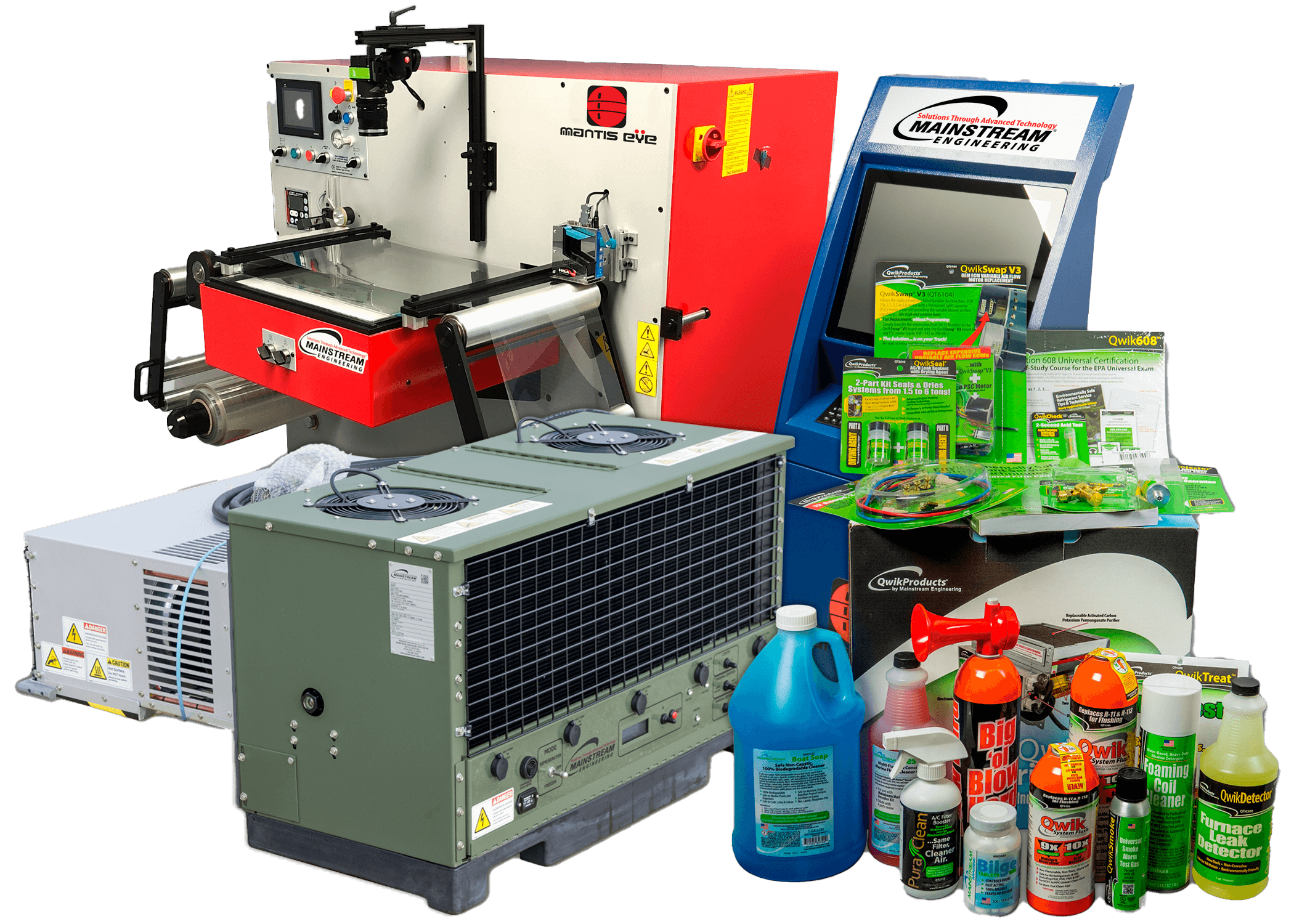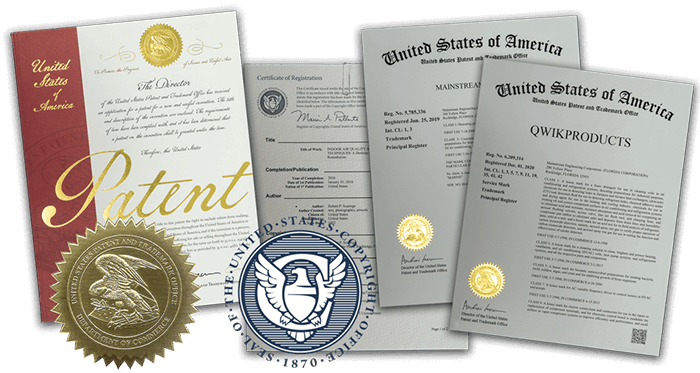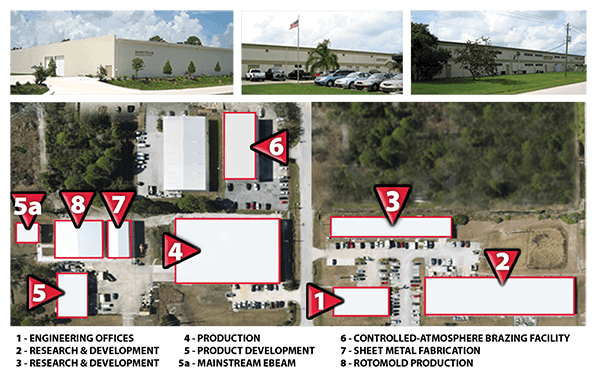Mainstream Engineering Awarded Contract from DMEA to Develop High-Energy-Density Micro-Ultracapacitors
ROCKLEDGE, FL – October 22nd, 2014 – Mainstream Engineering Corporation, a 28-year-old Brevard County research and manufacturing company, has been awarded an advanced R&D contract from the Defense MicroElectronics Activity (DMEA) to develop high-energy-density micro-ultracapacitors.
The integration of microelectronics into everyday products is rapidly growing. To enable this technological growth, “on-chip” capacitors need to be developed, for use in applications, such as micro-sensors, pumps, valves, and switches. Mainstream’s novel design results in a capacitor with an energy density greater than the current state of the art. In addition, this fabrication method is low-cost, scalable, and compatible with current microfabrication methods.
Mainstream has successfully demonstrated a 30-fold increase in capacitance over initial values and with this DMEA funding Mainstream believes that this technology can be pushed to achieve a 50-fold increase in capacitance.
The proposed effort fits well within Mainstream’s long-established focus areas of nanomaterial science and engineering as well as electrochemical energy storage and conversion.
About Mainstream Engineering
Mainstream Engineering Corporation is a solutions-oriented research, development, and manufacturing small business with a history of leading-edge research and development that has resulted in advanced, lean-manufacturing, cost-competitive products, which are all made in the USA. Founded in 1986, Mainstream’s mission is to transition advanced thermal control, energy storage, and energy conversion technology into high-quality, cost-effective, environmentally safe green, commercial products. Products include lightweight diesel/JP8-fueled engines (including generators and hybrid vehicle drive trains), advanced thermal control units, advanced biomass conversion technologies, refrigerators/freezers for shipping containers, and the QwikProducts™ line of heating, ventilation, air conditioning, and refrigeration (HVAC/R) products. Areas of advanced research include thermal control, energy conversion, engine and emissions research, turbomachinery, chemical technology, and materials science.
The integration of microelectronics into everyday products is rapidly growing. To enable this technological growth, “on-chip” capacitors need to be developed, for use in applications, such as micro-sensors, pumps, valves, and switches. Mainstream’s novel design results in a capacitor with an energy density greater than the current state of the art. In addition, this fabrication method is low-cost, scalable, and compatible with current microfabrication methods.
Mainstream has successfully demonstrated a 30-fold increase in capacitance over initial values and with this DMEA funding Mainstream believes that this technology can be pushed to achieve a 50-fold increase in capacitance.
The proposed effort fits well within Mainstream’s long-established focus areas of nanomaterial science and engineering as well as electrochemical energy storage and conversion.
About Mainstream Engineering
Mainstream Engineering Corporation is a solutions-oriented research, development, and manufacturing small business with a history of leading-edge research and development that has resulted in advanced, lean-manufacturing, cost-competitive products, which are all made in the USA. Founded in 1986, Mainstream’s mission is to transition advanced thermal control, energy storage, and energy conversion technology into high-quality, cost-effective, environmentally safe green, commercial products. Products include lightweight diesel/JP8-fueled engines (including generators and hybrid vehicle drive trains), advanced thermal control units, advanced biomass conversion technologies, refrigerators/freezers for shipping containers, and the QwikProducts™ line of heating, ventilation, air conditioning, and refrigeration (HVAC/R) products. Areas of advanced research include thermal control, energy conversion, engine and emissions research, turbomachinery, chemical technology, and materials science.


